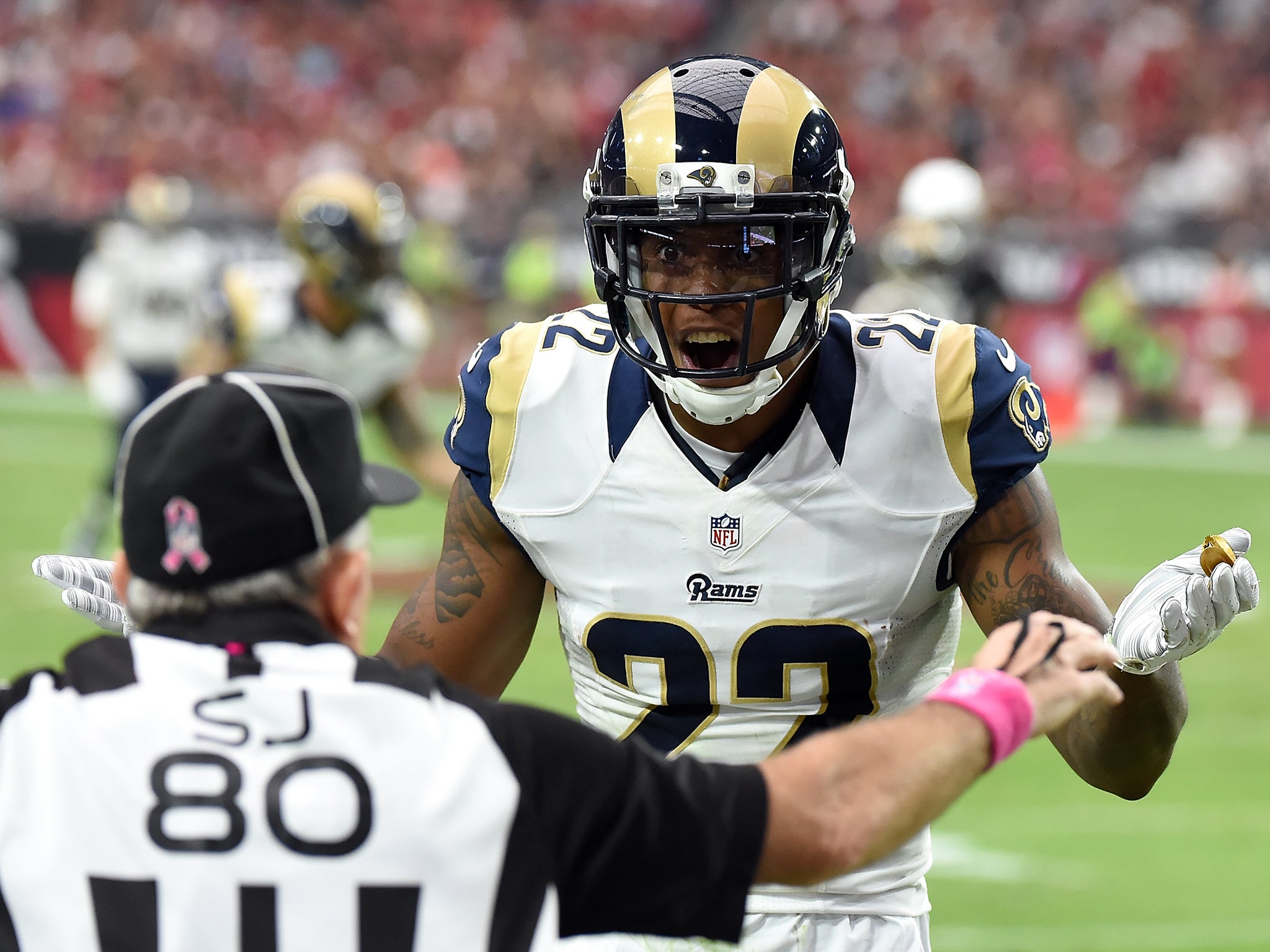American football is the only sport I love – but after the evidence on brain damage, I won't watch it any more
It is no use saying, as Barack Obama did, 'They know what they’re buying into.' What kind of trade-off is it to accept the likelihood of life-altering brain damage in return for $2m a year for 3.3 years?


I share James Moore’s anguish. He and I both love American football, and so we feel bad about the evidence that players unavoidably suffer brain damage. He still watches it. I (mostly) don’t. This is surprisingly difficult. It is the only sport I am interested in, and I have watched it since it was first shown on British TV in 1984 by Channel 4, a new channel which had only started broadcasting two years earlier.
I love the combination of athleticism and intricate tactics. It is absurd, of course, but isn’t any sport? It stops and starts, people say. That’s the whole point, to give you time to watch the replay and work out what just happened and why. Because all 11 players can block all 11 on the other side, the complexity of each play is like that of chess.
But because of that defining feature of the game, brain damage is also unavoidable. Huge players crashing into each other is the point of the game, and head trauma cannot be designed out. Helmets were developed in the 1950s to try to protect players, but it is the helmet-to-helmet collisions that produce the most jarring concussions.
This year, many of the teams are experimenting with a new kind of helmet that has an outer layer that gives slightly instead of a rigid plastic shell. These helmets thud when they clash rather than crack, and they have deeper layers of support inside. This is progress, and it should reduce the damage, but it cannot eliminate it. The laws of physics mean that if two bodies collide, brains will be shaken in skulls.
Jim is right to say the evidence on the risk of lasting brain damage is still unclear. The newsworthy study in July that reported 110 of 111 brains of deceased NFL players showed signs of damage was indeed a self-selected sample – or, at least, a sample selected by relatives of the deceased players. Other studies that have tried to overcome this problem have tended to use small samples. A corner was turned in 2009, however, when a study funded by the NFL suggested that professional football players are 19 times more likely to have dementia and Alzheimer’s than non-players. It is no longer possible to claim that the link between football and lasting brain damage has not been proven.
The only questions are what proportion of players are likely to suffer, and how much. There is no significant doubt that professional American footballers suffer much more than the general population.
So my personal abstention goes on. It is no use saying, as Barack Obama did, “They know what they’re buying into.” What kind of trade-off is it to accept the likelihood of life-altering brain damage in return for $2m a year for 3.3 years? Boxers know the risks, which are even greater than in American football, and I don’t watch boxing. I wouldn’t ban boxing, because that would drive it underground, but I think it is wrong to watch people hurt each other for sport, and the same principle applies to the NFL.
Mind you, I am also a hypocrite. I hardly watched any American football during the last season, but I did watch the Super Bowl, and what a thrilling game that was.
Join our commenting forum
Join thought-provoking conversations, follow other Independent readers and see their replies
0Comments